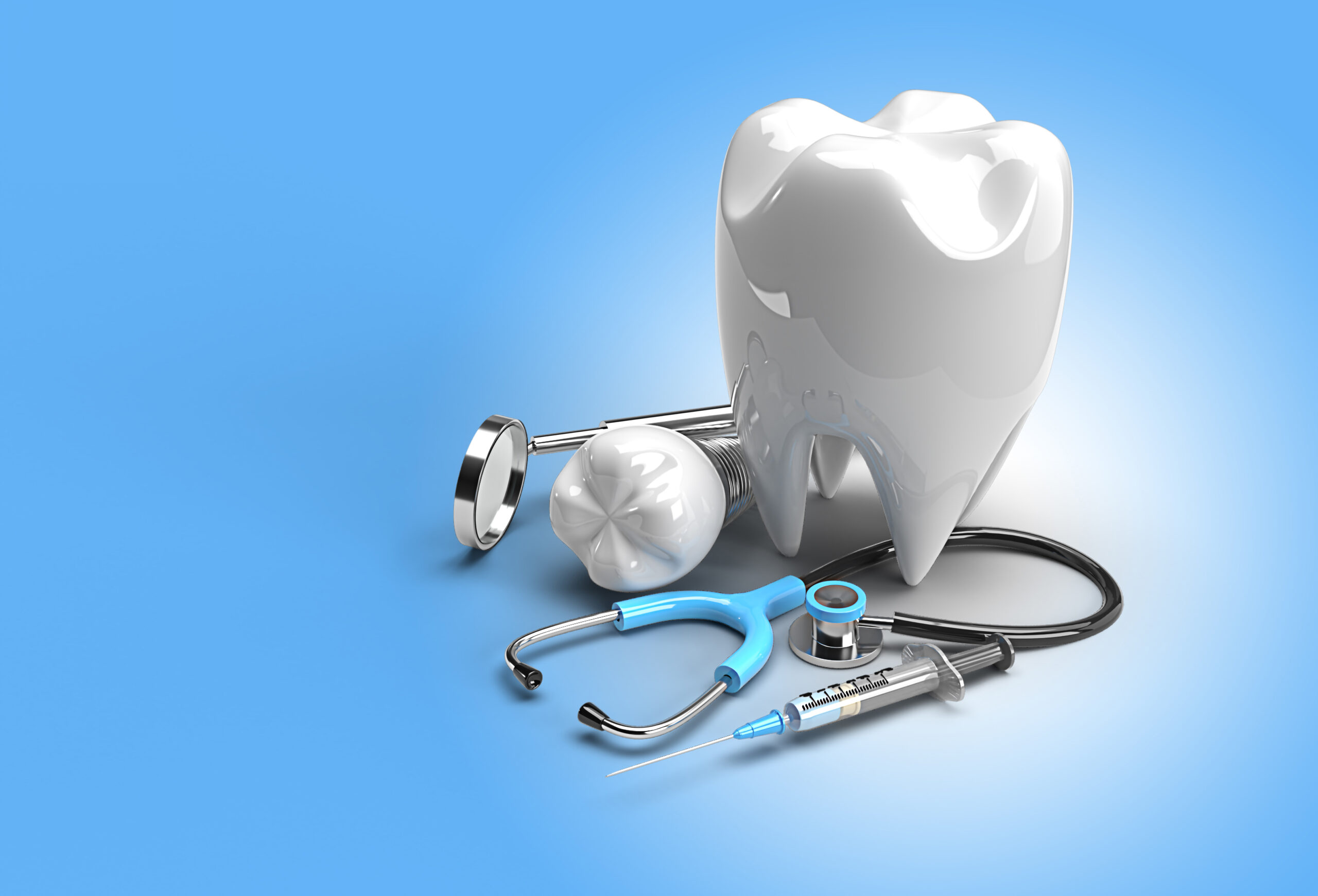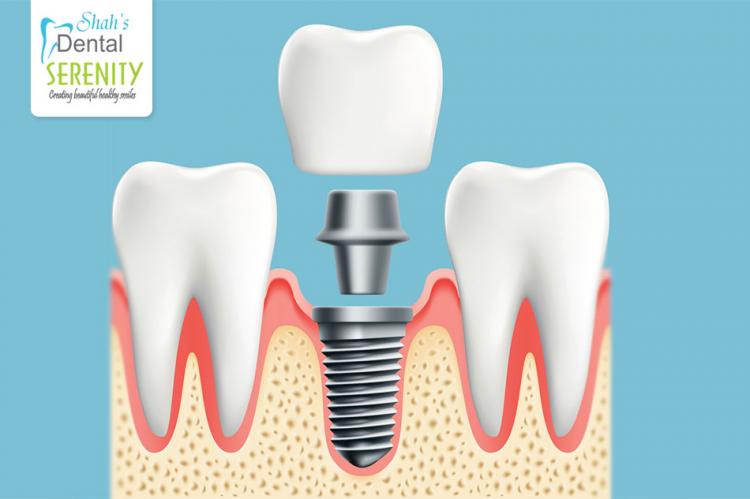Dental implants are titanium posts that are surgically inserted into the jawbone to replace the root of a missing tooth. Once the implant is placed, it fuses with the jawbone through a process called osseointegration. This provides a sturdy foundation for a replacement tooth or bridge. The replacement tooth, called a crown, is custom-made to match the shape, size, and color of your natural teeth. Dental implants can also be used to support dentures and bridges.
Dentures are one of the oldest forms of tooth replacement. They come in two types: partial and full. Partial dentures are used to replace a few missing teeth, while full dentures are used when all the teeth are missing. Dentures are removable and are supported by the gums and underlying bone. While dentures are an affordable option, they can be uncomfortable, require adhesives, and may need frequent adjustments.
Bridges, on the other hand, are fixed prosthetic devices that are used to replace one or more missing teeth. Bridges are anchored to the remaining natural teeth on either side of the gap and are typically made of porcelain or ceramic. While bridges are a more permanent solution than dentures, they require the removal of some healthy tooth structure, and can be difficult to clean properly.
The purpose of this blog is to highlight the many advantages of dental implants over other tooth replacement options. While dentures and bridges have been used for many years, dental implants have become increasingly popular due to their many benefits. In the following sections, we will explore the limitations of other tooth replacement options and highlight the many advantages of dental implants. By understanding the advantages of dental implants, you can make an informed decision about which option is best suited for your dental needs.
The Limitations of Other Tooth Replacement Options
While dentures and bridges have been used for many years to replace missing teeth, they come with their own limitations and drawbacks.
A. Dentures
Dentures are an affordable option for tooth replacement, but they also come with several disadvantages. One of the biggest drawbacks is their fit. Dentures can slip or shift, making it difficult to eat or speak properly. They also require adhesives to stay in place, which can be messy and inconvenient. In addition, dentures can cause sore spots on the gums and may need frequent adjustments.
B. Bridges
Bridges, while a more permanent solution than dentures, also have their limitations. One of the biggest drawbacks is the need to remove healthy tooth structure to anchor the bridge. This can weaken the remaining teeth and increase the risk of decay or gum disease. Bridges also require regular cleaning and maintenance to prevent bacteria buildup, and they may need to be replaced after several years.
In contrast, dental implants offer several advantages over these traditional tooth replacement options. They do not require the removal of healthy tooth structure, they provide a stable and durable foundation for replacement teeth, and they are easy to clean and maintain. In the next section, we will explore the many advantages of dental implants in greater detail.
Advantages of Dental Implants
Dental implants offer several advantages over other tooth replacement options, making them an increasingly popular choice for patients seeking a long-term solution for missing teeth.
A. Dental implants as a long-term solution
One of the biggest advantages of dental implants is their durability. Dental implants are designed to last for many years and even a lifetime with proper care. They are also extremely stable, which means that they provide a sturdy foundation for replacement teeth. This stability allows patients to enjoy a wider variety of foods without fear of the implant slipping or shifting. Additionally, dental implants require minimal maintenance, making them a convenient option for patients with busy lifestyles.
B. Dental implants as a healthier option
Dental implants also offer several health benefits compared to other tooth replacement options. Unlike bridges, dental implants do not require the removal of healthy tooth structure to anchor the implant. This helps to preserve the natural teeth and jawbone. Additionally, dental implants help to stimulate the jawbone, preventing bone loss and preserving the structure of the face. This can improve overall oral health and reduce the risk of future tooth loss.
C. Dental implants as a more convenient option
Finally, dental implants offer convenience that other tooth replacement options cannot match. Unlike dentures, which can be uncomfortable and require adhesives, dental implants do not have any dietary restrictions. Patients can enjoy their favorite foods without fear of the implant slipping or shifting. Additionally, dental implants are fixed in place, which means that they do not need to be removed for cleaning or maintenance. This convenience makes dental implants an attractive option for patients looking for a long-term, hassle-free solution for missing teeth.
In conclusion, dental implants offer several advantages over other tooth replacement options. They are a durable, stable, and low-maintenance solution that can improve overall oral health and quality of life. If you are considering tooth replacement options, talk to your dentist to determine whether dental implants are the right choice for you.
The Psychological Benefits of Dental Implants
In addition to the physical benefits of dental implants, there are several psychological benefits that come with this tooth replacement option.
A. Improved self-confidence
Missing teeth can be a source of embarrassment and self-consciousness for many people. Dental implants offer a natural-looking solution that can help to restore confidence and self-esteem. Unlike dentures, which can be noticeable or slip, dental implants are fixed in place, giving patients the assurance that their teeth will stay in place and look natural.
B. Restoration of speech and eating ability
Missing teeth can also affect a person’s ability to eat and speak properly, which can have a negative impact on their quality of life. Dental implants provide a stable foundation for replacement teeth, allowing patients to speak and eat with confidence. This can improve overall well-being and quality of life.
C. Restoration of facial structure
Finally, dental implants can help to restore facial structure that may have been lost due to missing teeth. When teeth are missing, the jawbone can begin to deteriorate, which can lead to changes in facial shape and structure. Dental implants help to stimulate the jawbone, preserving facial structure and preventing bone loss.
In conclusion, dental implants offer several psychological benefits in addition to their physical benefits. They can improve self-confidence, restore speech and eating ability, and even restore facial structure. If you are considering tooth replacement options, talk to your dentist to determine whether dental implants are the right choice for you.
Conclusion
Dental implants offer a long-lasting, durable, and convenient solution for replacing missing teeth. They also provide several advantages over other tooth replacement options, including dentures and bridges. Dental implants are a healthier option that preserve natural teeth and prevent bone loss. They also offer several psychological benefits, including improved self-confidence, restoration of speech and eating ability, and preservation of facial structure.
If you are considering tooth replacement options, it is important to consult with a dental implant specialist. They can assess your oral health and recommend the best treatment options for you. Dental implants require a surgical procedure, so it is important to choose an experienced and qualified dentist to perform the procedure.
In conclusion, dental implants are an important investment in overall oral health and well-being. They offer several benefits that can improve quality of life, including increased confidence, better speech and eating ability, and preservation of facial structure. If you are missing teeth, talk to your dentist to see if dental implants are right for you.






